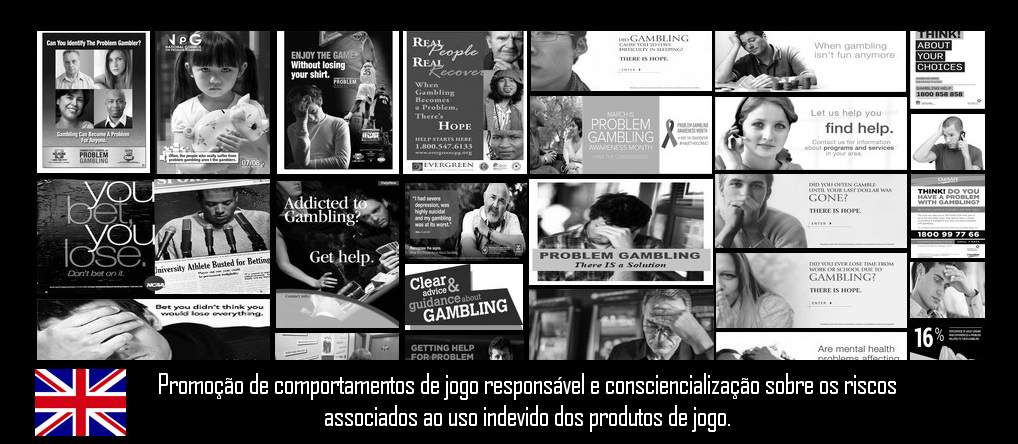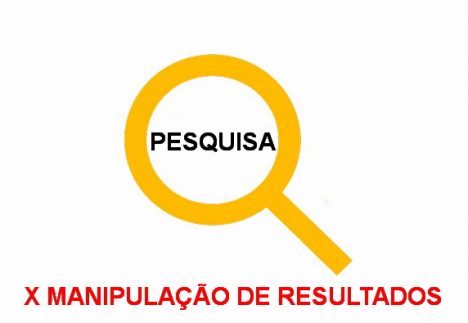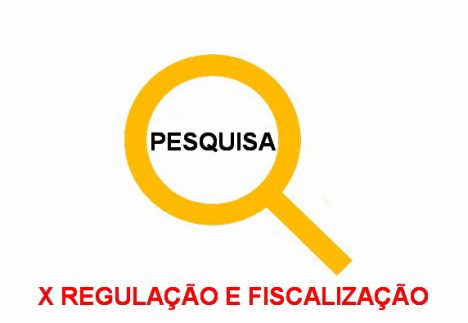

Offer to government is revealed as ministers prepare to publish review covering regulation of gambling adverts
Betting firms and broadcasters have made an offer to the government to fund an £8m addiction awareness campaign, in a move Labour warned must not be a “stitch-up” to stave off tighter regulation of adverts.
The Department for Digital, Culture, Media and Sport (DCMS) will publish a long-awaited review of the gambling industry within weeks, including the government’s view on the rising number of betting adverts on television.
Documents seen by the Guardian show that gambling companies, broadcasters and the advertising industry responded to the review with a joint offer of a “national campaign” to show off their commitment to tackling addiction. In one exchange circulated among gambling companies and trade bodies, the idea for the campaign is described as a “consequence of the government’s gambling review”.
Labour’s deputy leader, Tom Watson, warned that the timing of the initiative was worrying, coming as the government considers whether to impose tighter restrictions on betting adverts to tackle concerns about problem gambling.
“There must be no stitch-up to help the gambling industry avoid tighter restrictions on advertising,” said Watson, who has called for a ban on football clubs accepting shirt sponsorship deals from gambling firms. “Industry-funded campaigns highlighting the risks of problem gambling are all very well, but they can’t be an alternative to regulation.”
He added: “More and more research is showing that gambling addiction is a hidden epidemic in the UK. We can’t just rely on voluntary action from the betting companies to deal with the problem.
“The government’s review needs to look in particular at advertising that children are more likely to see, including pre-watershed gambling advertising around live sporting events, and football shirt sponsorship by betting firms.”
Some of the estimated £8m cost of the publicity blitz will be met by the Remote Gambling Association, the trade body for online casinos, while the Senet Group, set up by the industry to promote responsible betting, is also putting in cash. The trade body did not respond to a request for comment.
The Advertising Association is also planning to contribute, while commercial TV channels, which count gambling firms among their biggest advert buyers, will chip in with “contributions in kind”, understood to mean free airtime.
But betting industry sources told the Guardian that the proposed campaign, due to launch in early 2018, has driven a wedge between factions of the industry already in disagreement about regulation.
It is being coordinated by the Industry Group for Responsible Gambling (IGRG), which counts casinos, amusement arcade owners, bookmakers and online gaming firms among its members.
But the National Casino Forum, Bingo Association, and Bacta, the trade body for amusement arcades, have refused to put any money in, believing the plan to be a thinly-veiled effort to ward off a crackdown on advertising.
Prof Linda Hancock, a problem gambling expert at Deakin University, Australia, said such campaigns “perpetuate the misnomer that safe gambling is up to individuals who need to alter their risky behaviour to avoid gambling problems”.
She said they not only blame the customer but raise the public prominence of gambling as a leisure pursuit where risk mitigation is the users’ responsibility.
“Campaigns become a form of covert promotion of gambling whilst presenting as harm prevention, which they are not,” she said.
In a House of Lords debate this week, the businessman Alan Sugar called for a total ban on pre-watershed gambling ads.
Lord Sugar said: “The government need to do something about stopping gambling television adverts that can be viewed by young people, the first being, although maybe not a solution, putting them after 9pm, after the watershed.”
The UK’s gambling industry was deregulated under Tony Blair’s Labour government, leading to a surge in advertisements for online casinos, bookmakers and gaming companies, who have spent £1.4bn on advertising on TV and other media since 2012.
In exchange for deregulation, the industry agreed to a voluntary code, under the auspices of the IGRG, whereby it can only show gambling ads before the 9pm watershed if they are attached to sports events. But this is not limited to live games, meaning gambling ads can effectively be shown all day on dedicated sports TV channels, as well as during sport broadcasts on commercial terrestrial channels.
Analysis by the Guardian suggests that more than 600 hours of programming per week qualify for the exception to the ban on gambling adverts.
Philip Bowcock, chief executive of William Hill, told the Guardian this year that the bookmaker would be open to some form of restriction.
Australia recently imposed a ban on gambling adverts shown alongside live sporting events, something the IGRG’s code says would be “unreasonable”.
Source: The Guardian



























